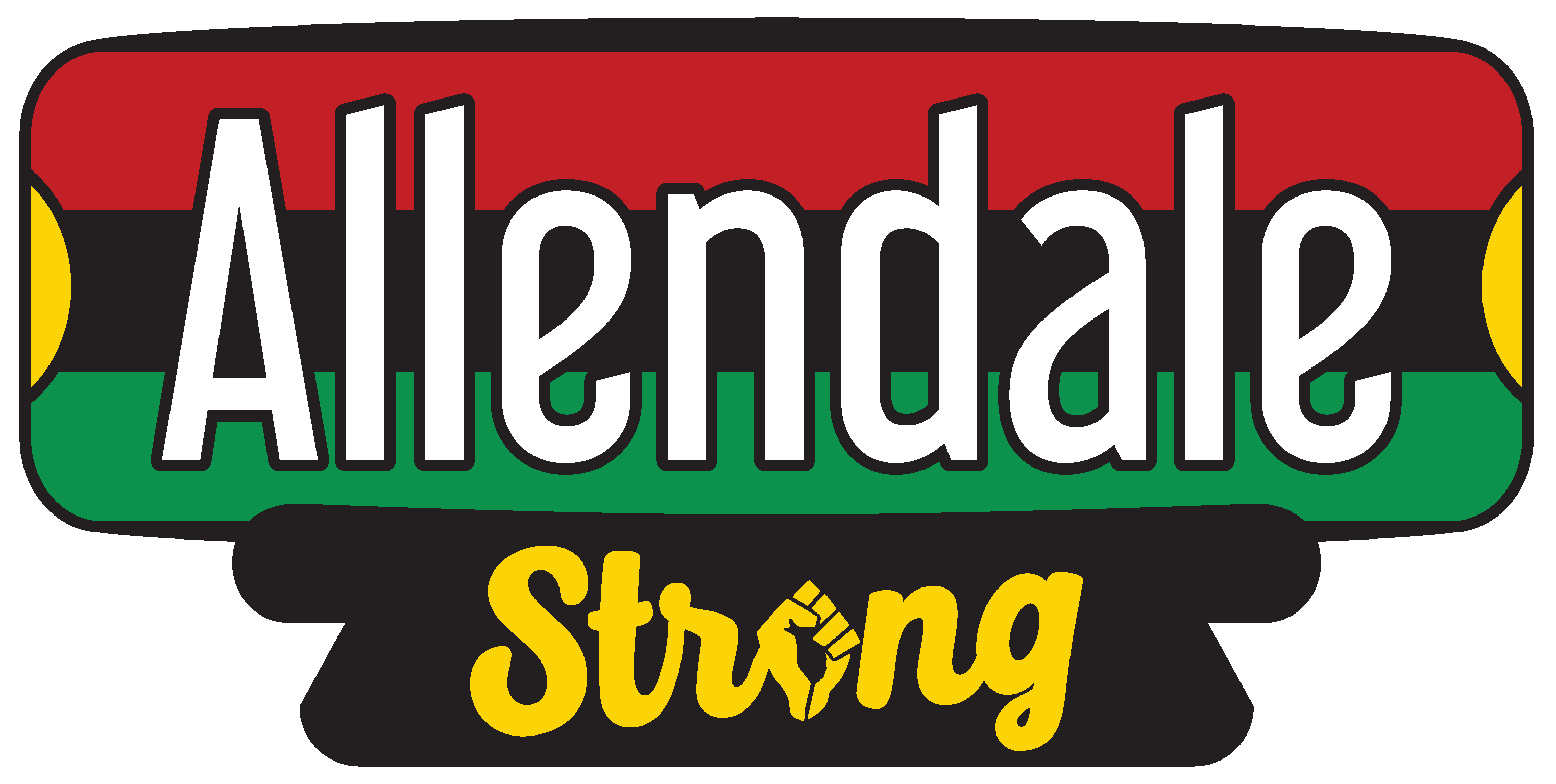BATON ROUGE – Shreveport’s Allendale Strong freeway fighters this week made their case to Louisiana policymakers why the controversial Interstate 49 Inner-city Connector project should be cancelled.
“States are not building elevated freeways through cities any longer; they are removing them,” said Allendale Strong President Dorothy Wiley in written testimony to the House Transportation, Highways and Public Works Committee on Friday at the State Capitol.
The occasion was an update on the long-running campaign by proponents of the I-49 “Inner-city Connector” to spend $1 billion building a 3.5-mile-long freeway through historic inner-city Shreveport neighborhoods near downtown.
Wiley stressed not only the destructive nature of cutting a freeway through Ledbetter Heights and Allendale, but practical alternatives presented by Allendale Strong:
- A “business boulevard” composed of Pete Harris Drive, North Common Street and North Market Street. Wiley said this surface route would “accomplish the desired local traffic needs, build wealth in adjacent communities and avoid severe disruption to Shreveport’s historic inner city” that would occur with the construction of I-49 ICC; and
- Upgrading the existing loop around west Shreveport composed of I-220 and Louisiana 3132. Wiley said the loop “efficiently satisfies the requirements for through traffic not doing business in Shreveport” and avoids the expense and disruption of I-49 ICC.
Allendale Strong member Jody Dosher, in attendance at the Capitol hearing, reinforced Wiley’s written testimony by challenging claims of ICC backers that the I220 / LA 3132 loop is not adequate to carry through traffic.
“I am hearing that we need two more lanes on the (Cross Lake) bridge,” Dosher said.
“Now, while I-20 is being repaired through Shreveport and Bossier, the state highway department is requiring 18-wheelers to use the loop and 220 to avoid the construction.
“If it works now, why can’t it work” in the future? Dosher said.
Federal highway officials in the 1990s pointed to Shreveport’s westside freeway loop as a reason to drop the ICC from their list of Louisiana highway priorities. Their other main reason was the damage to historic neighborhoods that would occur if the ICC were built through Shreveport.
State Rep. Steven Jackson of Shreveport, a member of the committee, questioned the cost of the ICC.
“A lot of us are like, whoa, a billion dollars,” he said. “Where are we getting a billion dollars from?”
The answer from highway officials at the hearing was a combination of withdrawals from the state’s Unclaimed Property Fund, diversion of auto and sales tax revenue from other uses, the state’s BP Deepwater Horizon account, and other sources.
Emphasizing the financial challenge, Kent Rogers, director of the ICC-supporting Northwest Louisiana Council of Governments, said only $50 million in cash was currently “in the bank.”
Rogers added that construction of the uncontroversial I-49 section from I-220 to the Arkansas line cost $800 million and required a 65-percent State contribution to match 35 percent from the federal government. In contrast, he said, previous interstate projects carried an 80-20 federal-state funding ratio.
Jackson asked Department of Transportation and Development Secretary Joe Donahue who was the “ultimate decider” on whether the ICC would be built.
“A lot of people get that confused,” Jackson said. “They come down hard on DOTD or legislators.”
Donahue said the Federal Highway Administration was “the ultimate approver.”
Committee Chairman Ryan Bourriaque, R-Abbeville, said the Joint Legislative Committee on Transportation, composed of House and Senate members, would meet at Bossier Parish Community College in October. The occasion will be the joint committee’s annual Louisiana communities tour to discuss transportation priorities.
